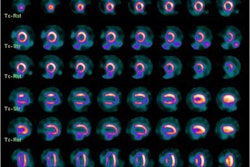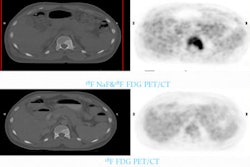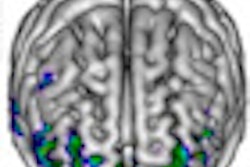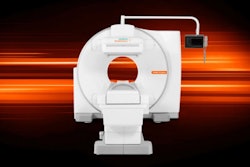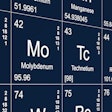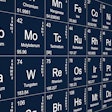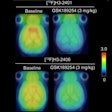Breast-specific gamma imaging (BSGI) developer Dilon Diagnostics is touting study results showing that the improved photon sensitivity of new detector technologies should be capable of reducing the radiation dose patients receive from BSGI and molecular breast imaging (MBI) exams.
The study, presented at the recent National Consortium of Breast Centers (NCBC) annual meeting in Las Vegas, was conducted by Dr. Craig Thiessen, director of radiology for West Houston Radiology and North Cypress Medical Center in Houston. Thiessen found that detector technologies such as position-sensitive photomultiplier tubes (PSPMT) and cadmium zinc telluride (CZT) digital detector materials could reduce radiation dose for these studies by 75%, according to Dilon.
Low-dose imaging is currently an off-label use of the radiopharmaceutical used in BSGI/MBI studies, and there are several prospective patient studies under way to validate its clinical feasibility, Dilon said.





